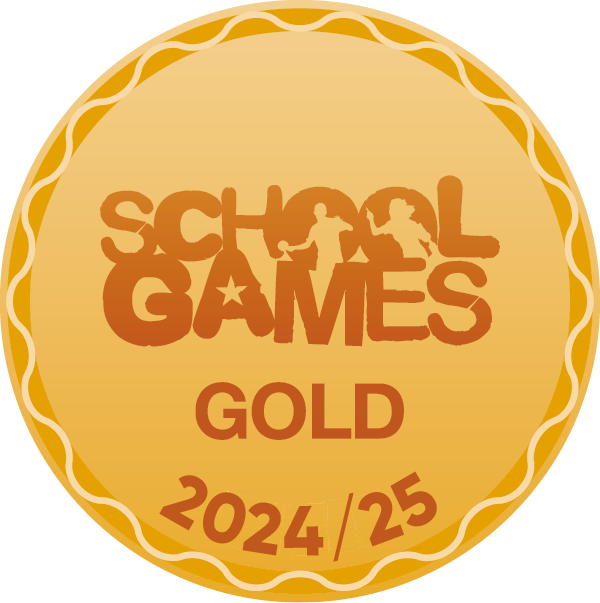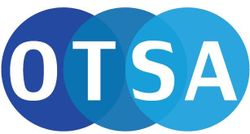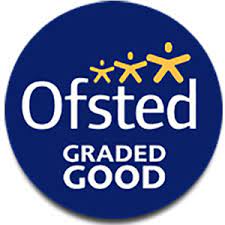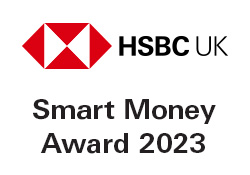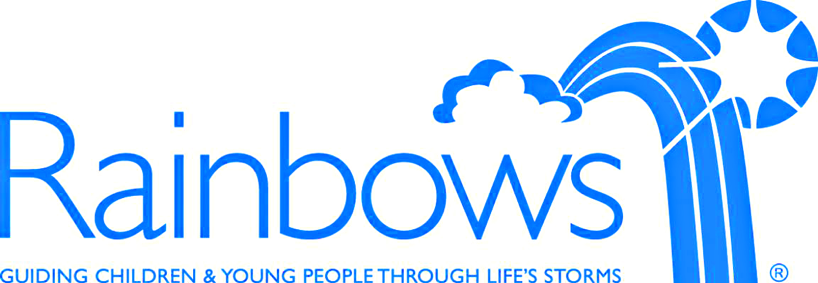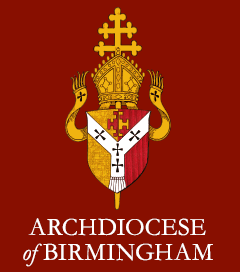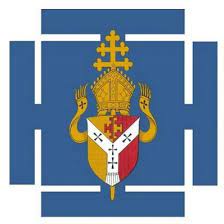Curriculum
“In every young person, a point of goodness is accessible and it is the primary duty of the educator to discover that sensitive cord of the heart so as to draw out the best in the young person.”
St John Bosco
Guided by the words of the founder of the Salesians[1], St John Bosco, the mission of our school is to draw out the best in every young person and prepare them for the next stage of their education by becoming RUAH[2] children:
Our vision
Our curriculum has been carefully designed to ensure that all children are formed to become RUAH children and are adequately prepared to be able to solve future challenges of the modern world, in keeping with the values of the Salesian tradition. To do this, we firmly believe that children need to become independent thinkers through enquiry-based learning and hold knowledge from a variety of subjects in their long-term memory.
We value children’s personal development just as importantly as academic subjects and it is our intention that children develop their personal, social and emotional skills to as high a standard as their academic skills. By doing this, we will form children to become the future Saints of our modern world and become respectful and affectionate citizens while showcasing a sense of humour.
Why do we teach it in the way that we do?
Our Lady’s is a one and a half form entry school and because of this, we teach curriculum topics on a rolling two-year cycle. Each topic has been created and designed by teaching staff and the progression of skills for each subject defines age-related expectations and standards; this is particularly evident in mixed-year-group classes. All curriculum topics are based on the ‘Big Question’ and children are expected to sow knowledge together to give answers to the question, supported by evidence from learning over time.
Children are encouraged to achieve awards for showing RUAH in the classroom, around the school and in the community. By the end of Year 6, children reflect on their personal development achievements and will have acquired the skills to continue to flourish in the next stage of their education.
Curriculum Implementation
How do we implement our vision in our school?
Our RUAH curriculum encompasses both academic subjects and opportunities for personal development. We follow the goals of the Early Years Framework (2021) and the National Curriculum (2014), enriched by a range of teaching strategies, extra-curricular activities and experiences for children to use their skills and impart knowledge into their long-term memories.
Cultural Capital and the range of literature is reflective of our multi-cultural school and we use a variety of extra-curricular experiences to celebrate the diversity in our school.
To help children develop their personal RUAH skills, we provide children with the opportunities to achieve awards for showing RUAH in the classroom (bronze award), around the school (silver award) and in the community (gold award).
What does this look like in our classrooms?
Classroom environments are organised to support learning and used as a tool to impart knowledge into children’s long term memory. All teachers use a variety of teaching styles that are best suited to the pedagogy of individual curriculum subjects. Learning Goals are pitched at age-related expectations and when appropriate, teachers provide scaffolding tools to help children achieve.
The majority of feedback is ‘in the moment’ and is then followed up using bronze, silver and gold next step challenges:

To help impart key knowledge into children’s long term memory, children receive “Flashback 4” questions at the beginning or the end of the majority of lessons. Each question asks:
- Recall of today’s/ yesterday’s learning
- Recall of learning last week
- Recall of learning last month
- Recall of learning last year
Occasionally, teachers will challenge the children with “Flashforward 4” to give the children a taste of learning that will be taught in the future. Both strategies are used to help children know more and remember more over time.
Curriculum Impact
At Our Lady’s children are formed to:
Show respect towards everyone; understand that learning helps us to improve our knowledge and understanding of the world and prepares us to solve future challenges; behave with affection towards their friends and have a sense of humour. We have high expectations of all children and since 2015, our curriculum has consistently led to all of our academic results being above national at all key stages; a selection of results have been well-above national comparisons. All pupils make good progress, particularly pupils with additional needs which is reflective of our distinct Salesian identity.
Our curriculum design ensures that the needs of all pupils are met within the environment of high quality-first teaching supported by interventions when appropriate. The impact of our curriculum is to ensure children not only acquire age-related expectations but also to equip them with the skills of RUAH which is evident in all classrooms. Our children are happy and they know how to deal with future challenges of the modern world because they have the skills to follow a line of enquiry. Our children leave our school equipped with the knowledge and skills to start the next stage of their education and to become respectful citizens in our community.
How do we monitor and review the impact of our curriculum?
Assessment for learning is pivotal to planning and delivering sequences of learning and is clearly evident in all classrooms. Teachers use AfL and provide instant feedback in line with our feedback policy so individual learning goals are implemented successfully and contribute to progression of learning over time. Termly monitoring of children’s books, data on Target Tracker and conversations with pupils provides subject leaders with the evidence to assess the impact of the curriculum and provides foundations to evaluate areas for improvement.
Mirroring the intention of our enquiry-based topics, senior and subject leaders use lines of enquiry to monitor the impact of the curriculum under the following categories:
- Assessment data on Arbor
- Discussions with pupils
- Evaluations of children’s books
- Monitoring of behaviour for learning
- Achievement of RUAH awards
We are proud of our RUAH curriculum and distinct Salesian identity so that children leave our school knowing that they are young, precious and loved:
‘Without confidence and love, there can be no true education.’
St. John Bosco
[1] Salesians of Don Bosco (SDB) is a Catholic order founded in 1859. Don Bosco was a Catholic priest who devoted his life to educating disadvantaged young people. Salesians around the world today devote their lives to educating and supporting young people.
[2] RUAH is Hebrew for the ‘breath of God.’

